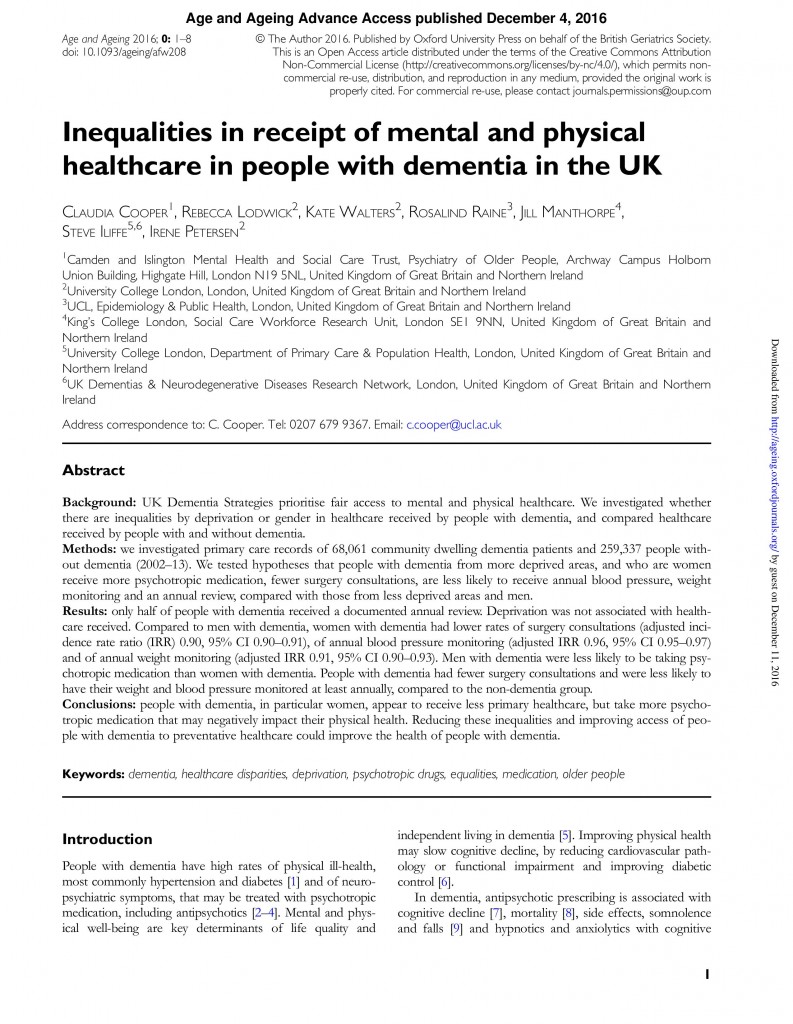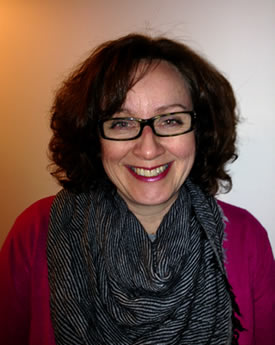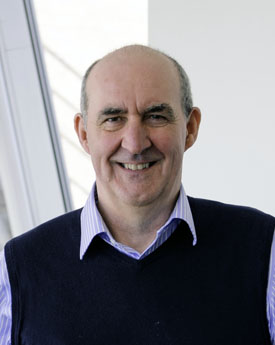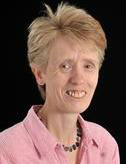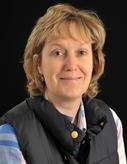Jo Moriarty, Senior Research Fellow at the NIHR Health & Social Care Workforce Research Unit, King’s College London introduces the new hospital social work report, which she wrote with Dr Nicole Steils and Prof Jill Manthorpe. World Social Work Day is on 19 March 2019 #WSWD2019 is the official hashtag. (602 words)
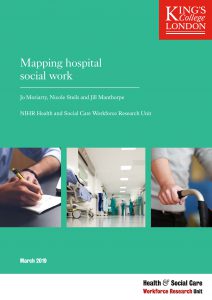 The theme for next week’s World Social Work Day is ‘promoting the importance of human relationships.’ In preparation for this we are launching our report into hospital social work, which was funded by the National Institute for Health Research Policy Research Programme at the request of the Chief Social Worker for Adults, Lyn Romeo. Lyn has also kindly written the report’s foreword.
The theme for next week’s World Social Work Day is ‘promoting the importance of human relationships.’ In preparation for this we are launching our report into hospital social work, which was funded by the National Institute for Health Research Policy Research Programme at the request of the Chief Social Worker for Adults, Lyn Romeo. Lyn has also kindly written the report’s foreword.
The origins of hospital social work lie in the decision made by the Royal Free Hospital in 1895 to appoint Mary Stewart as the first ‘lady almoner’. Her role was to interview people to decide who would be eligible for the free medical treatment that the hospital provided. Other hospitals soon followed this example and by 1948, the Institute of Almoners had over 1000 active members.[1] Written in the style of the time, Flora Beck’s textbook for almoners noted that their two key tasks were:
… to determine whether social problems are likely to have a bearing on the patient’s illness. The second is to make the patient feel that here is a person with whom he could, if necessary, discuss his personal difficulties; someone to whom he need not mind admitting any trivial misunderstanding which had been bothering him, and to whom he could reveal serious and confidential problems without embarrassment.[2, cited in 3] Continue reading →
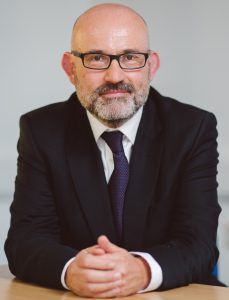 Richard Griffin MBE,Visiting Senior Research Fellow, King’s Business School, today begins a series of guest posts on the healthcare workforce. He argues that, in the face of the widely acknowledged problem of shortages in this workforce, we should turn to current NHS support staff for part of the solution. (477 words)
Richard Griffin MBE,Visiting Senior Research Fellow, King’s Business School, today begins a series of guest posts on the healthcare workforce. He argues that, in the face of the widely acknowledged problem of shortages in this workforce, we should turn to current NHS support staff for part of the solution. (477 words)
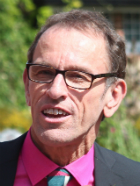

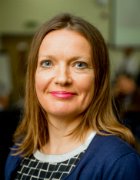
 Caroline Norrie
Caroline Norrie 
